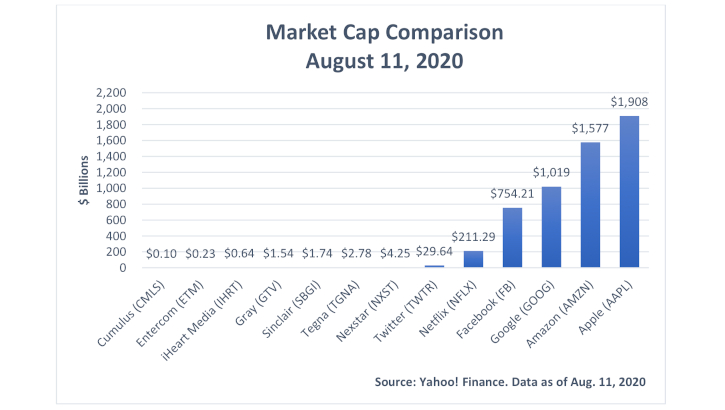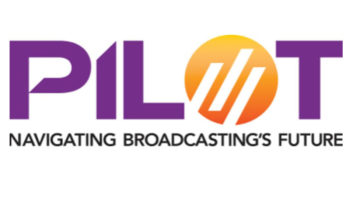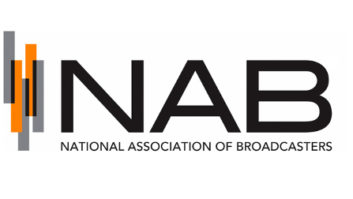The National Association of Broadcasters is expressing concern about the threat to local journalism from a handful of digital technology platforms.
In a filing submitted to the House Judiciary subcommittee on Antitrust, Commercial and Administrative Law, NAB President and CEO Gordon Smith said a handful of powerful digital technology platforms — including Google, YouTube and Facebook — are placing local broadcast radio and TV stations at a serious competitive disadvantage and hampering their mandate to serve the public interest.
“Local journalism is now at risk due to the overwhelming competitive position of a handful of technology companies in today’s digital marketplace,” the NAB said in its filing.
[Read: Techsurvey Reflects Consumer Dynamics]
Broadcast stations must use digital platforms to effectively reach their audience but stations have little leverage when dealing with the digital giants that control access to content, Smith said in a statement about the NAB filing. He contends that because of the tech platforms’ dominant role as content gatekeepers, their unilateral decision-making and ranking algorithms are negatively impacting broadcast radio and TV stations’ ability to deliver local news and information to communities.

This is particularly troubling because those algorithms consistently favor national sources over local sources, favor controversial and polarizing content and opinion sources over high-quality journalism, and can make it difficult for smaller, local publishers to reach audiences at all, Smith said.
“The massive shift in advertising to other platforms has profoundly affected local broadcasters,” Smith said. “Stations in mid-sized and small markets with limited economic bases have been disproportionately impacted because any significant loss of revenue has an outsized effect on their ability to pay the largely fixed costs required to operate and to produce or acquire news and other programming.”
Today only a slight majority of TV stations report profitable local news operations with many radio stations in markets of all sizes are struggling to make local news programming financially viable.
Smith also called out the lack of transparency over these digital platforms, which impose advertising limits and policies that impede stations’ ability to effectively monetize their own content online. “These platforms’ technologies and unilaterally set policies hurt local providers of quality journalism … . Receiving cents on the dollar does not enable TV and radio stations to recover the considerable costs of producing local content in the first place.”
The NAB said it supports legislation to address these issues, including the Journalism Competition and Preservation Act that would allow broadcasters and other news publishers to collectively negotiate with digital platforms regarding the terms on which their content may be distributed online. A companion bill has been introduced in the Senate.
“[W]e emphasize our support for laws and policies that adequately address the unique role of free and local OTA broadcasting and its value in a democratic society,” the NAB said in its filing.











